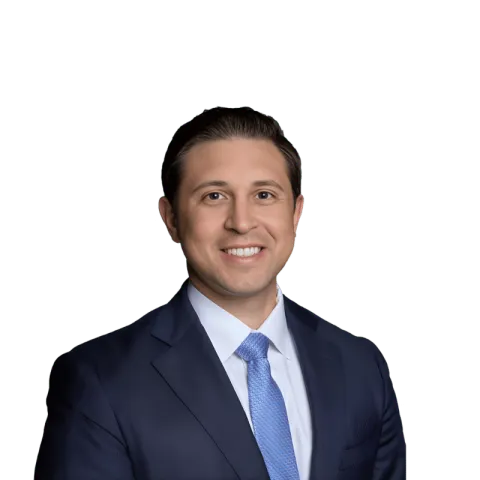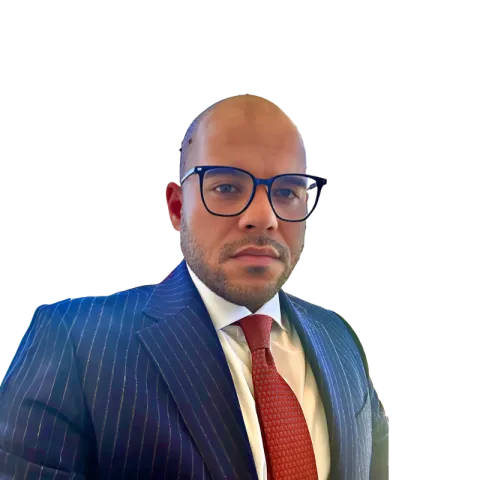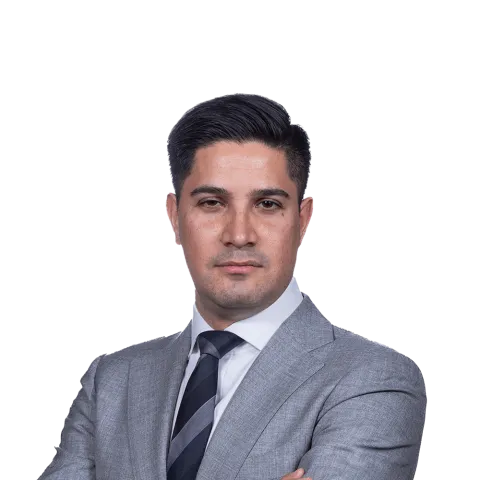Results may vary depending on your particular facts and legal circumstances.
ARE THERE ANY DIFFERENCES BETWEEN NY STATE AND NYC DRIVING LAWS?
Car crashes can derail your life. We've helped thousands of people recover—physically, financially, and emotionally—after an accident.
Results may vary depending on your particular facts and legal circumstances.
Knowing Local Driving Laws Can Make a Big Difference
Car accidents in New York can be complicated, especially when different rules apply at the state level versus within New York City. NYC has unique traffic regulations, enforcement practices, and roadway conditions that can directly impact fault, liability, and how an injury claim is handled.
Understanding these differences can be critical to protecting your rights after a crash.
New York law allows injury victims to pursue compensation when negligence causes harm, but successfully doing so often depends on knowing how state statutes, city ordinances, and local traffic rules intersect. These cases require careful analysis, strong evidence, and legal insight tailored to where and how the accident occurred.
If you were injured in a crash anywhere in New York, an experienced Morgan & Morgan personal injury attorney who understands the differences between New York State and NYC driving laws can help. Schedule a free, no-obligation case evaluation through our website. Let us fight for the compensation you deserve.
150,000+ Five Star Reviews
The reasons why clients trust Morgan & Morgan.
Results may vary depending on your particular facts and legal circumstances. Based on select nationwide reviews.
How Do You Deal With a Lost or Stolen Driver’s License?
There are several ways to replace a driver’s license in the state of New York. Make sure to report the loss of your license to the local police. This will ensure that the New York Department of Motor Vehicles will waive the replacement fee for your license. You can apply for a new license online.
You can also mail a request or visit the local office of the Department of Motor Vehicles. The New York DMV website can provide additional information about replacing your lost or stolen license.Can I Afford a Car Accident Attorney With Morgan & Morgan?
The attorneys at Morgan & Morgan know that accident victims face a wide range of diverse challenges. Physical difficulties are often matched by the financial obstacles for injured people.
Because of this, the compassionate team at Morgan & Morgan offer no-cost case evaluations. We will examine the facts of your car accident and help you determine the best course of action.
If you decide to hire our firm, you will not pay a single dime unless we recover compensation for you because our attorneys work based on a contingency fee payment structure.
When you hire a legal representative through Morgan & Morgan, we will agree to a certain percentage of the winnings from your case. After our attorneys have recovered compensation for you, that amount will be used to cover the costs of attorneys’ fees.
This allows you to pursue legal action without the burden of upfront costs. You should never hire a lawyer who requires payment before agreeing to represent you.Do I Need to Hire a Legal Specialist?
Yes! It is vital to hire a legal representative with plenty of experience in cases like yours.
If you were hurt in a car accident in New York, you should find an attorney with years of experience representing traffic collision victims. Since our founding in 1988, the attorneys at Morgan & Morgan have won or settled over a million cases.Expert Legal Services Through Morgan & Morgan
When you are wondering about how New York’s driving laws might affect your car accident claim, reach out to the experts at Morgan & Morgan. Our team has the skills and experience to recover maximum compensation in New York accident cases.
Complete the easy-to-use contact form on our website to arrange a free, no-obligation legal consultation. When you need expert representation in New York, look no further than Morgan & Morgan!
Our Results
How It Works
Unsure what to do next? With 35 years of experience, our personal
injury lawyers will guide you every step of the way.
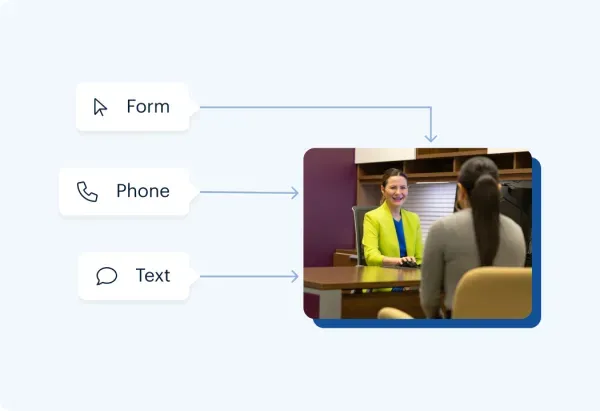
Contact Us 24/7 - It’s Free
Start your claim
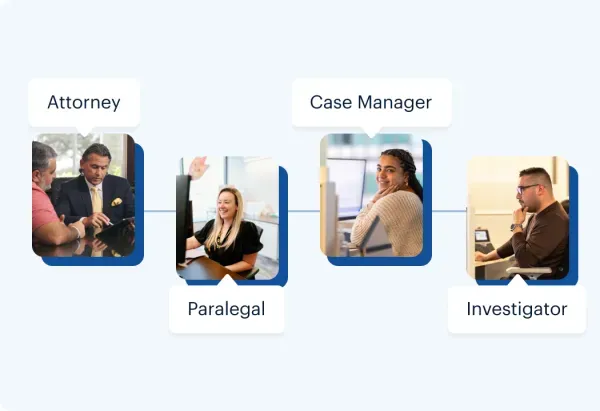
Meet your dedicated attorney
Meet the attorneys
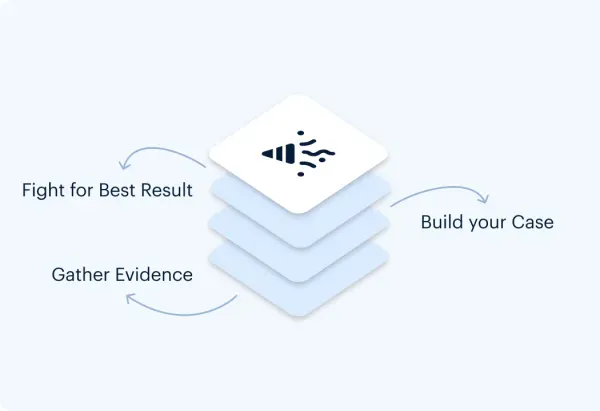
We fight for more
Learn more about the case process
Results may vary depending on your particular facts and legal circumstances. The attorneys shown in these photos may not be licensed in your state. To find an attorney licensed in your area, please visit our attorney page.
Local Care
Backed by America’s Largest Injury Law Firm.
$30 Billion
Recovered for clients
nationwide700,000+
Clients and families
served1,000+
Attorneys across
the country1
Click may change your life
The attorney featured above is licensed in Florida. For a full list of attorneys in your state please visit our attorney page.
Results may vary depending on your particular facts and legal circumstances.
Learn More
Injured and not sure what to do next?
We'll guide you through everything you need to know.

